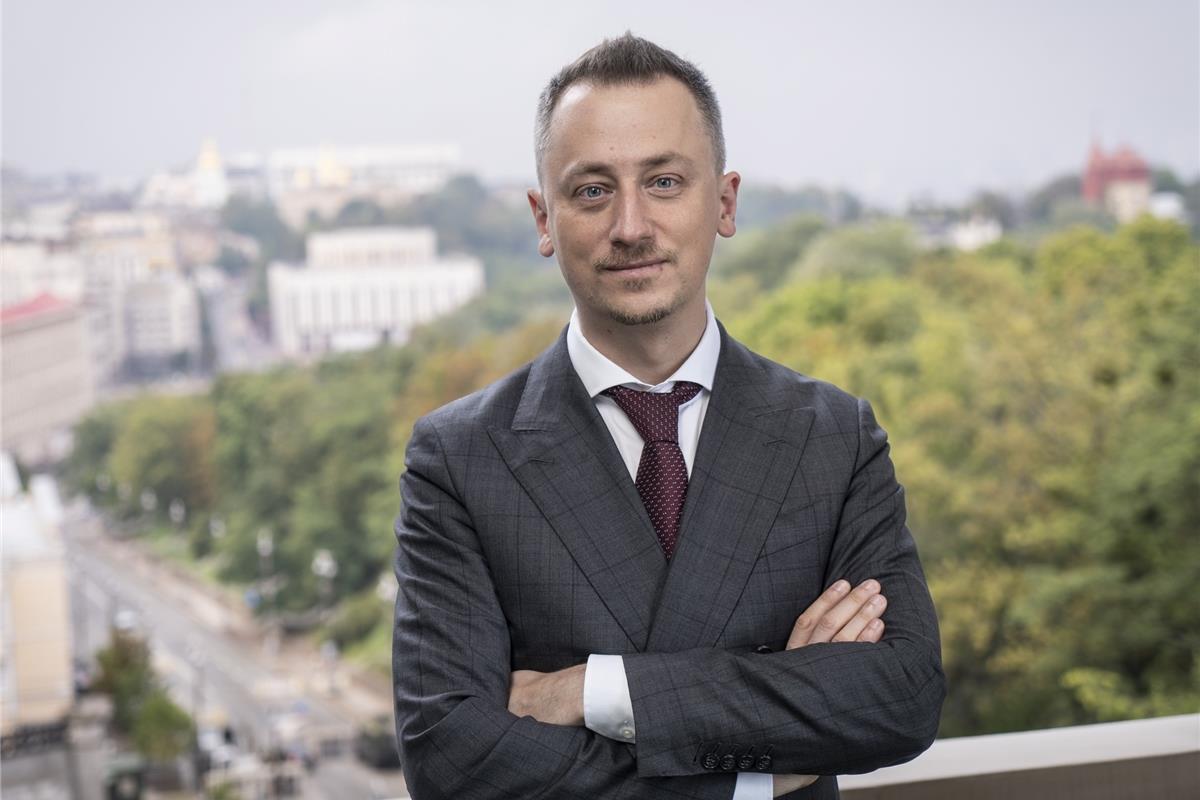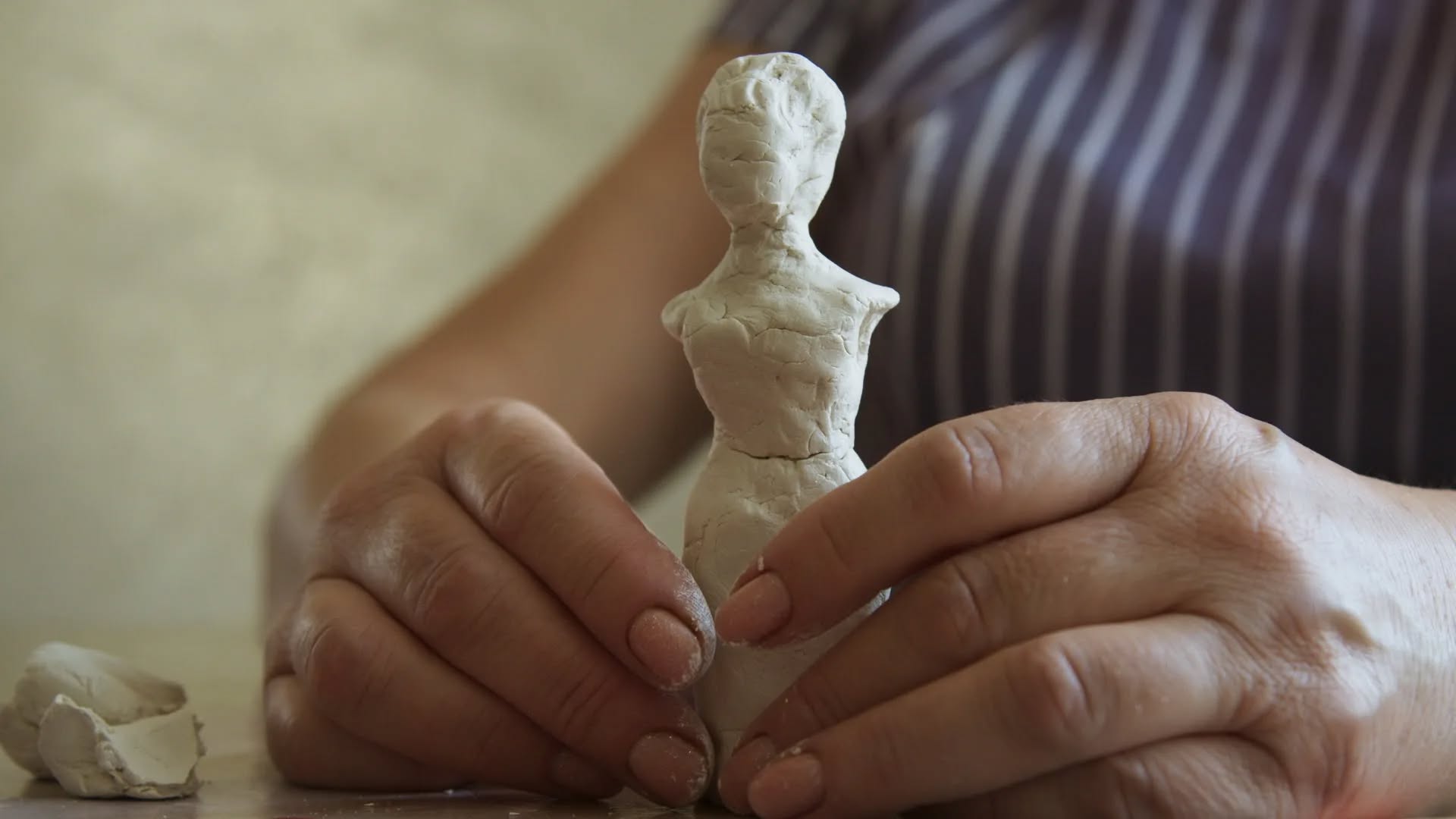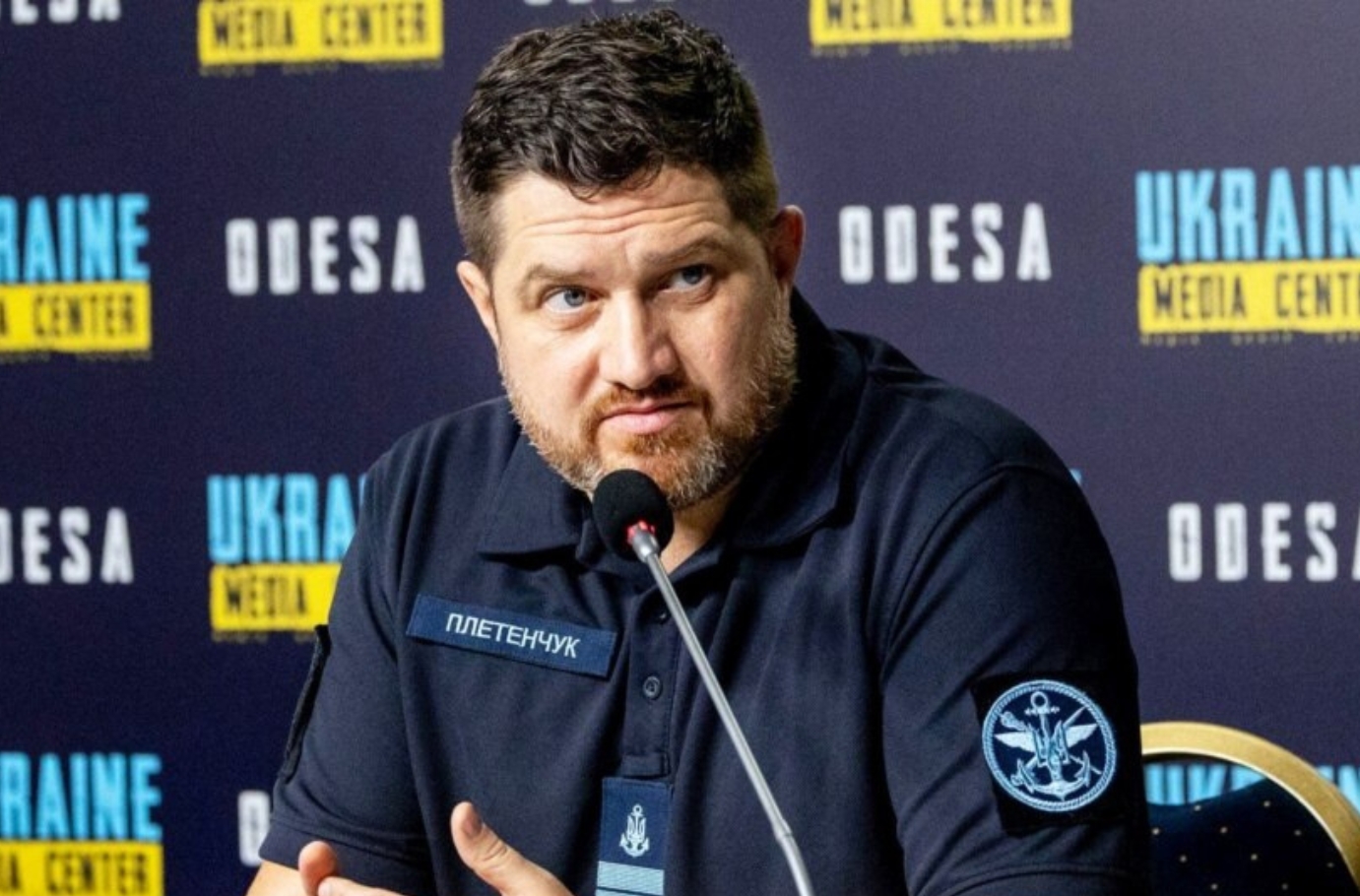Despite Lithuania’s full cessation of Russian gas imports in 2022, the country continues to receive ammonia produced from that gas.
According to Lithuanian public broadcaster LRT, over the past three years, Lithuania imported Russian ammonia worth €157.3 million.
LRT confirmed that the Lithuanian company Achema—the largest nitrogen fertilizer producer in the Baltic states—purchases Russian ammonia. On May 17, Achema halted its own ammonia plant due to high gas prices.
Achema explained that it was forced to buy Russian ammonia to fulfill its contractual obligations with clients.
“We made a one-time purchase of ammonia from a non-sanctioned supplier,” an Achema representative said.
The company noted that no operational ammonia terminals exist in the Baltics, making it impossible to buy ammonia from suppliers in the U.S. or other countries.
LRT reports that Achema bought ammonia from the chemical company Shchekinoazot (Tula region, Russia). It was transported by rail through Belarus. Photos of the railcars obtained by LRT show they belong to the Russian logistics firm Nova Trade.
LTG Cargo (a subsidiary of Lithuanian Railways), which helped transport the ammonia for Achema, stated that the EU does not ban imports of this substance from Russia.
Earlier, Lithuania’s Minister of Economy and Innovation, Lukas Savickas, said,
“Any economic ties with Russia should be viewed extremely negatively, even if they might be legal,” according to LRT.
Data from the State Statistics Agency show that from 2020 to 2025, nearly all ammonia imported to Lithuania (from 91% to almost 100%) has been Russian.
Only after LRT.lt presented evidence of the Russian origin of the ammonia imported by Achema did, the head of Communications at Achema, Jolita Macelyte provide a comment.
“Due to the sharp fluctuations in natural gas prices in Europe and the influx of cheap fertilizers from third countries, we cannot operate competitively — for this reason, since May 17, we have suspended production of our main product — ammonia — for several months,” she said. “We hope that after the European Union increases tariffs on imports of Russian fertilizers from July 1 this year, and with the EU’s Carbon Border Adjustment Mechanism (CBAM) coming into effect in 2026, the situation in the European fertilizer market will change, and we will be able to resume full production.”
According to the State Statistics Agency, from 2020 to 2025, Russian ammonia accounted for between 91% and nearly 100% of all ammonia imported into Lithuania.
In 2020, a notable share came from Belarus. In subsequent years, individual shipments arrived from Austria, Belgium, the Czech Republic, Denmark, Spain, Latvia, Poland, France, Finland, Germany, the USA, and Kazakhstan.
From the beginning of 2022 until the end of the first quarter of 2025, Russian ammonia worth 157.3 million euros was imported into Lithuania.





















